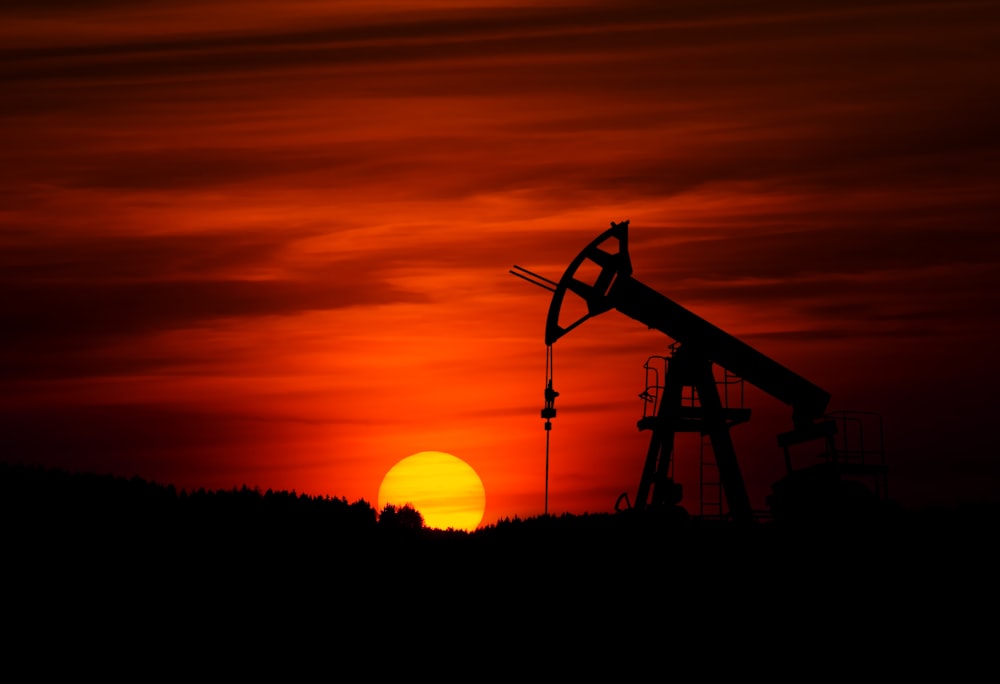Venezuela Vs Iran: Which Will Have Sanctions Lifted
Photo by Zbynek Burival on Unsplash
OPEC+ decision to cut production by 2M bbl/day was the top range among analysts, and came as a bit of a surprise to the markets. Given that Russia has been missing its target by ~1.3M bbl/day, in practice, the cut is more along the lines of 700M bbl/day. Or about equivalent to the latest hike, putting production targets back to where they were in July.
Since most of the countries in the cartel have been struggling to even meet the production target, the significant move was by the Saudis. Their target was cut by 500K bbl/day, which probably more accurately represents how much less production there will be on the market in practice. There was wide speculation that a cut was coming, so crude prices were already rising ahead of the meeting.
The broader implications
For the White House, the timing was quite awkward. It came after Biden had traveled to Saudi Arabia essentially to ask for an increase in production just a few months ago. The cost of living is having a major impact on voter sentiment in the US as well, with energy prices at the top of the list. That this cut, and subsequent expected rise in gas prices at the pump, comes a month before the midterm elections (and in a period in which millions of people are already voting), also makes things more difficult. For reference, less than two weeks ago, WTI was trading as low as $76.71/bbl, but moved up to $88.22 at yesterday’s close.
Not surprisingly, the White House wasn’t happy, and commented that all options were on the table to deal with the rising fuel prices. Before OPEC+’s move, there already was a plan to release 10M bbl from the Strategic Petroleum Reserve. Now, further releases might be considered. But, what about other options?
The case for Venezuela
Rumors circulated that the White House was looking to lift sanctions on Venezuela to allow increased production. Venezuela has a theoretical capacity to produce up to 3.0M bbl, but is currently only producing less than 700K bbl/day. However, how much actual capacity is available is in question since there hasn’t been sufficient maintenance on infrastructure.
Furthermore, Venezuela produces “sour” crude, which means it contains a lot of sulfur. Typically, there are two ways to refine this kind of oil: Mix it with “sweet” (low sulfur), or to use natural gas. One of the reasons the US was importing oil from Russia before the war in Ukraine was to supplement its sweet oil for mixing with sour. And we all know what’s going on with the natural gas market. The main reason for higher prices in the US is lack of refining capacity, so lifting sanctions on Venezuela might theoretically reduce crude prices but would likely have minimal direct benefit for the US.
The case for Iran
The Biden Administration has been trying to revive the JCPOA for almost two years now, with little success due to demands from the Iranian side. But the round of protests in Iran might help incline the balance. The headline for the protests is the headscarf issue, but it’s understood that they represent general social discontent over, among other things, rising prices. Signing a deal with the US and EU would allow a cash inflow that would help reduce social discontent.
Iran has a similar capacity as Venezuela, but it’s understood to have better maintenance practices. Additionally, Iran produces light crude, which wouldn’t need to be mixed in order to be refined. The US is already operating at above capacity in refiners, and imports refined fuels from Europe. A reinstatement of the JCPOA would allow Iran to export crude to Europe to increase gasoline exports to the US, which might help reduce the price at the pump. But, of course, such a deal can’t have any effect before the midterms.
More By This Author:
Venezuela Vs Iran: Which Will Have Sanctions Lifted?
USDCNH Impulse Or Ending Diagonal?
Intraday Market Analysis-USD Bounces Back
Disclaimer: Orbex LIMITED is a fully licensed and Regulated Cyprus Investment Firm (CIF) governed and supervised by the Cyprus Securities and Exchange Commission (CySEC) (License Number 124/10). ...
more



